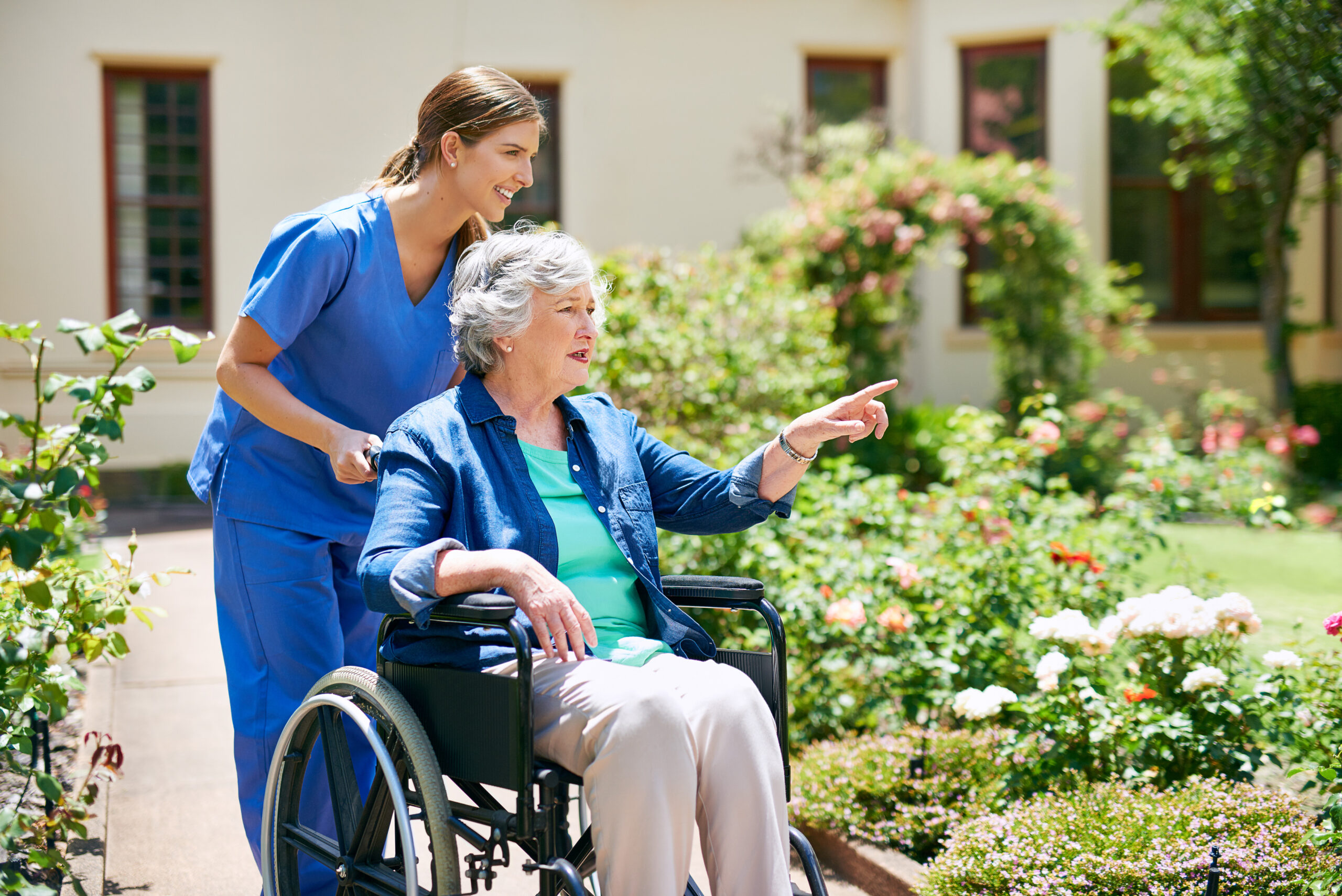Using the Internet to Keep Connected and Avoid Depression

A recent study published in the Journals of Gerentology provides evidence that as we age, staying connected using the Internet is associated with a reduced risk of becoming depressed.
In a recent article, we discussed the importance of maintaining social connections as a mean of preventing, delaying or mitigating the effects of dementia. Using the internet to stay connected to friends and family is one means of doing this. The study published in March of this year was led by Shelia Cotten, a professor with the department of telecommunication, information studies and media at Michigan State University in East Lansing.
Cotten said “The key is that the Internet helps older adults stay in contact with their friends and family and to feel part of a larger community. They’re still actively engaged in some segment of our society, and they’re not feeling like life has passed them by.”
Between 2002 and 2008, 3,075 retirees in the United States, over the age of 50 who were not living in nursing homes responded as part of one of four surveys studied for this report. They were asked questions about their Internet use including email, Facebook and other forms of social media, as well as their history of depression.
The results of the study showed a statistically significant association between internet use and reduced incidence of depression.
However, as the study authors and other experts are quick to point out, correlation (or association) does not mean causation. But it is certainly interesting. What could it be about the internet use that is reducing the risk of depression by almost 33% (a third) in this particular study?
The lead investigator in this study noted in interviews with respondents in their nineties in previous studies that, “people would say ‘I feel further from the grave,’ which sends a chill down my spine,” said Cotten.
And the findings are similar here in Australia as well. In 2012, researchers from the University of Adelaide, led by Dr. Helen Feist, found that the Internet is giving older adults, especially those in rural areas, a way to stay connected with their communities. She and her team found that surfing on the web, using applications like Skype and email, and various social media / networking platforms improved the lives of this population.
Dr. Feist’s project also looked at how older individuals could be encouraged to adopt technology without feeling threatened.
A survey in the Murray Lands region of South Australia indicated that about a quarter of adults over the age of 80 and about 35% of those aged 65-79 were interested and open to learning new technologies.
According to Dr. Feist, “In order for people to remain integrated within a world that increasingly relies on new technology, it is important that older people are offered opportunities to adopt and use these new technologies such as computers, smart phones, personal tablets and the Internet.”
Participants in the Australian study were introduced to iPads and laptops. They took to the technology, and reportedly increased comfort level with computers and the Internet by 30% after using them over the course of one year.
Dr. Feist said, “Older adults who adopt new skills as they age improve their confidence, health, enjoy richer levels of social and civic engagement and are more resilient to life stressors and crises. New technology is enabling older people to keep connected regardless of location, distance or mobility.”
The risk of depression increases as we age
Though it’s not the cheeriest thought, the truth is, the older we get, the more likely we are to be depressed. Approximately 10 million Americans over 45 years of age suffer from what is considered ‘late-life depression’. In fact, according to researchers, suicide rates are highest in the elderly.
With these enormous numbers to consider, scientists are hard at work researching the phenomenon. And this is good news for an ageing global population who hope that the research elicits information that can help keep us happy and healthy throughout the various stages of our lives.
As an older adult, what can you do to get more connected and comfortable with the internet?
1) Become familiar with the types of technology out there:
- If you do not have access to Internet access on a device at home, consider visiting the local library. Not only do they have public computers, they often have courses directed specifically at seniors.
- Check with the local community centre to see what programs are offered for older adults.
- Visit the Apple Store (if you live close to one) with a family member and sign up for an introductory class for older adults. This will give you an overview of the different devices and their preferred uses and applications.
2. Ask a trusted friend or family member to help you get set up with email and Internet access on your device at home, or at the library or community centre.
3. Use email to send personal notes as a means of staying in touch with friends and family all over the world.
4. Use a social networking site like Facebook to see what friends and family are up to and share photos and videos.
5. Be an active participant. If you are sharing your life with others, they will be more likely to share with you. Engage in conversations and see how the community feeling grows and the feeling of isolation fades away.










